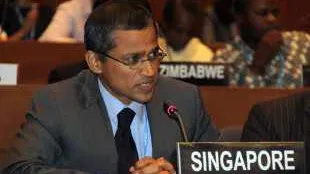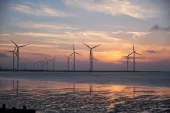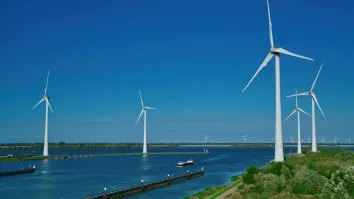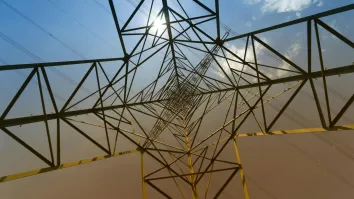
Is global carbon market dying?
Find out the answer from Ambassador Burhan Gafoor, chief negotiator for climate change in Singapore.
Speaking at the Carbon Forum Asia 2011, the Ambassador says that outlook for the global carbon market is “very grim.”
“We must acknowledge that the idea of a universal carbon market covering all the major players is still some time away. We are far from concvluding a legally-binding global agreement on climate change. The reality is that we still have a fragmented carbon market that will grow and expand in a bottom-up manner,” he said.
“Earlier this year, the World Bank made a stark assessment, which is that the global carbon markets have stalled five years of consecutive growth. There is the added uncertainty about the future of the Kyoto Protocol and the flexibility mechanisms. There is no doubt that the current situation looks bleak,” he added.
Nevertheless, Ambassador Gafoor said that the negative outlook should not dissuade us to believe that there remain reasons for cautious optimism about the global carbon market as follows:
| Firstly, the Cancun Agreements started a process of mitigation actions by both developed and developing countries which bode well for the carbon markets. Under the Cancun Agreements, all developed countries have pledges to reduce their emissions. This is complemented by the nationally appropriate mitigation actions of developing countries. Collectively, estimates by UNEP have shown that efforts by both developed and developing countries will result in reduction of 3-7 gigatonnes of carbon dioxide equivalent. These efforts are step towards meeting the global goal of limiting temperature rise to 2 degrees below pre-industrial level. I would also point out that although the global carbon market has reached a plateau, the total valuation is still substantial, amounting to US$142 billion last year. We have thus be come a long way from when the market started in 2005 Thirdly, it is encouraging to note that interest in the carbon market is growing. The EU remains the pioneer in this field and has extended its emission trading scheme (ETS) beyond 2012 regardless of the outcome of the international negotiations. The California cap-and-trade system will also be operational in 2012. Australia’s decision to move towards cap-and-trade is an important boost for the global carbon market. Many other countries are developing or exploring their own voluntary carbon markets. China, India, South Korea, Brazil and South Africa are examples of such countries. |
Against this background, Ambassador Gafoor said that there are some bases for cautious optimism about the future of the global carbon market. The key challenge will be to integrate such diverse regions and countries into functioning international market based on common rules.



















 Advertise
Advertise







